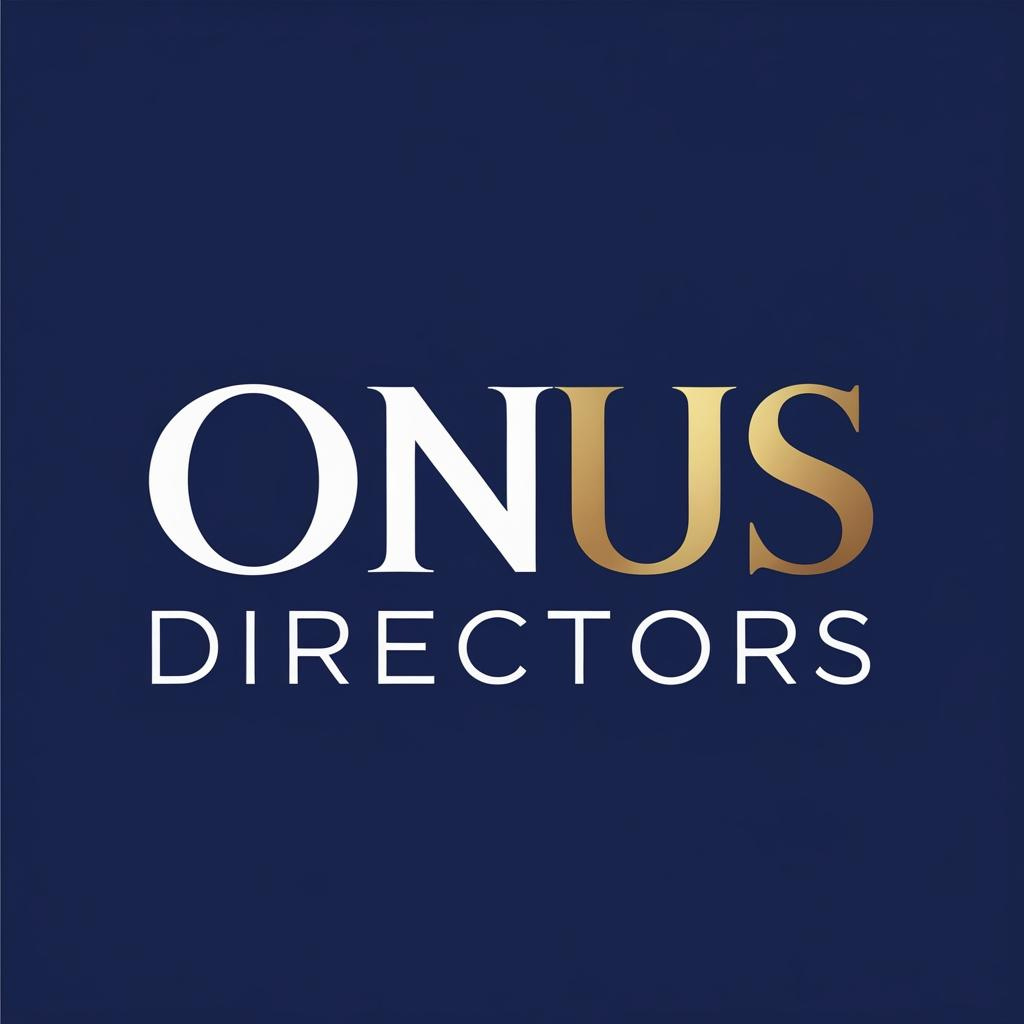How Much the ATO Really Knows About Your Singapore Company
For existing or prospective Australian tax residents, structuring your affairs correctly is no longer optional. It is essential to avoid unnecessary tax leakage.
One of the most dangerous misconceptions we hear is that “the ATO will not know my Singapore company’s director is a nominee, so why worry?”
That assumption will be dead by 31 December 2025, when Singapore will make nominee status a matter of public record.
Since 2017, companies have kept a private Register of Nominee Directors (naming the director and the person who appointed them). This later extended to foreign companies and Nominee Shareholders in 2022 — but these records stayed behind closed doors.
From 16 June 2025, every company (local and foreign) must file this data with ACRA’s Central Registers, updating it within two business days of any change. From 31 December 2025, nominee status will appear publicly in your company’s ACRA business profile visible to anyone, including the ATO.
And nominee transparency is just the start. The Common Reporting Standard (CRS) has been in force in Singapore since 2018, enabling automatic exchange of financial account information with partner jurisdictions, including Australia. All of the related parties to your company that qualify as a Singapore Financial Institution (SGFI) (bank, company secretary, etc.), are already required to conduct due diligence on all accounts and report them to IRAS annually. Those details flow directly to tax authorities.
Recent CRS reforms expand the scope to cover more assets, products, and intermediaries, with Singapore committed to adopting the Amended CRS and starting exchanges under it from 2028.
If you are counting on nominee arrangements to keep you off the radar, that strategy is expiring fast. The ATO already has powerful data-sharing tools, and Singapore’s new transparency rules will remove any remaining cover. Now is the time to restructure, while you still control the outcome.
